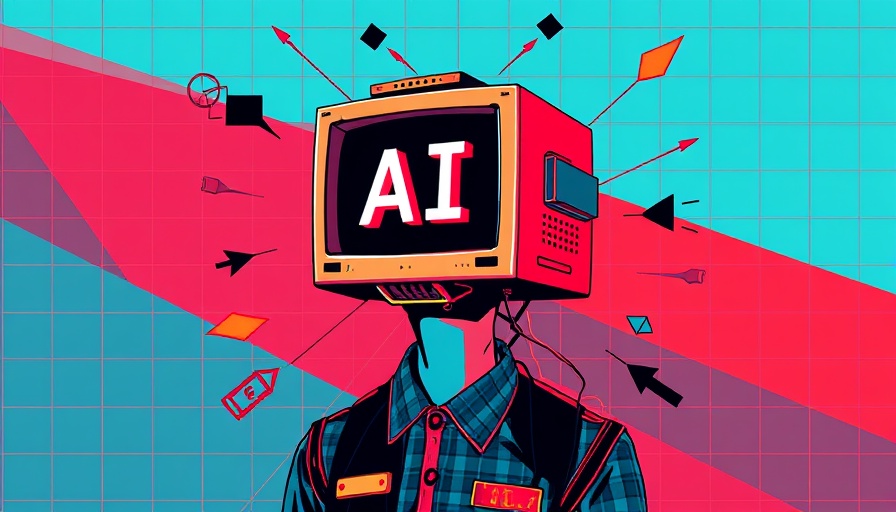
The Rapid Rise of AI Assistants by 2026
As we fast approach 2026, the evolution of AI assistants is set to reshape the fabric of digital interaction. The rise of technologies like ChatGPT, which is projected to reach mass adoption within an astonishing four years, highlights the accelerating pace of tech adoption. In contrast, Google—now neck and neck with OpenAI—experienced a nine-year journey to its current status. This paradigm shift signifies a critical juncture for businesses and consumers alike.
Consumer Behavior in the Age of AI
Central to this transformation is the changing behavior of consumers. Just as the search revolution transformed how information is accessed, AI assistants will fundamentally change how we interact with technology. The insights drawn from recent adoption rates suggest that as more consumers learn to rely on AI for everyday tasks, new habits will form, marking a disruptive shift in digital engagement processes.
AI Assistants: From Novelty to Necessity
The article emphasizes that AI agents are leaving their experimental roots and becoming essential tools for both individuals and organizations. No longer just chatbots responding to queries, these AI assistants will autonomously manage complex tasks, ushering in an era of 'agentic teamwork'—where teams of specialized AI work together seamlessly. For instance, an e-commerce setting could see AI agents autonomously handling inventory, customer engagement, and logistics, enhancing efficiency and response time dramatically.
Future Trends: Embracing the AI-Driven World
As we approach 2026, industries across the board are preparing for the shift from simple automated tasks to advanced agentic functionalities. A report from Gartner reveals that by the end of 2026, 40% of enterprise applications will include task-specific AI agents. Healthcare, finance, retail, and manufacturing are all set to undergo transformations that leverage these capabilities for improved outcomes and efficiency.
Ethical Challenges and Consumer Trust
However, this paradigm shift brings critical ethical considerations. Will consumers trust these AI agents to handle sensitive decisions—especially in industries like healthcare and finance? Trust will be paramount; the success of AI adoption hinges on transparency and accountability. As such, companies deploying AI assistants must demonstrate that these systems prioritize consumer interests consistently, especially given rising concerns around data privacy and ethical considerations.
The Role of AI in Shaping the Future
The transformation towards an AI-driven future suggests that businesses need to be proactive in adapting to these technologies, not only to keep up but also to thrive in a marketplace increasingly defined by intelligent automation. As noted, organizations integrating AI agents can expect a significant ROI, with successful implementations predicted to yield returns of 5x to 10x on investments.
Conclusion: A Call to Action for Businesses
The message is clear: being reactive won't suffice in the coming years. Companies must invest now in understanding and integrating AI technologies to ensure they remain competitive. As businesses assess their strategies, the time to embrace AI's capabilities and prepare for an agent-driven future has never been more urgent.
 Add Row
Add Row  Add
Add 




Write A Comment